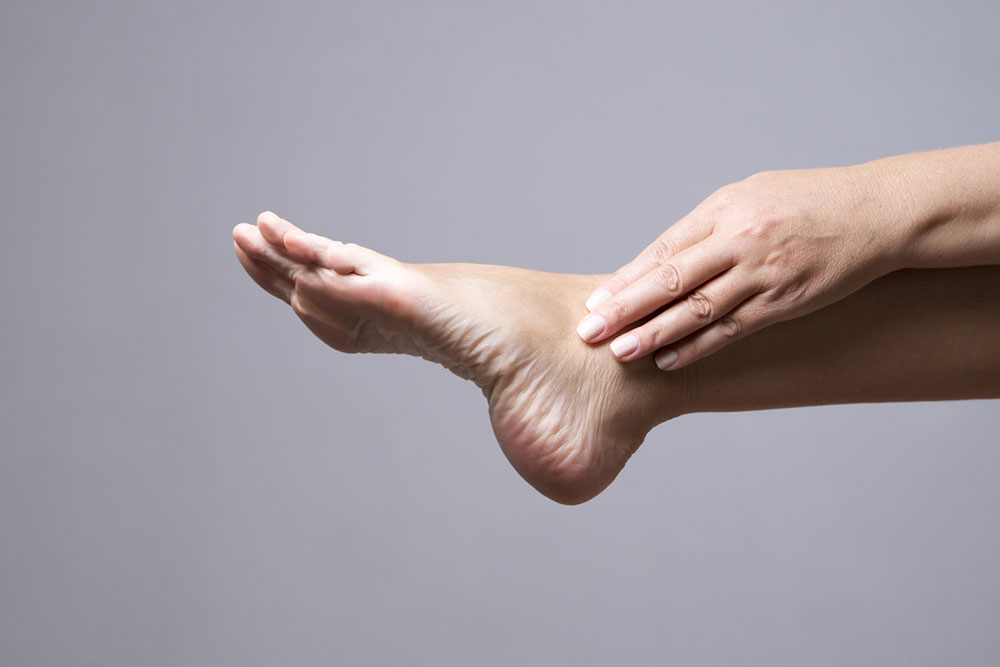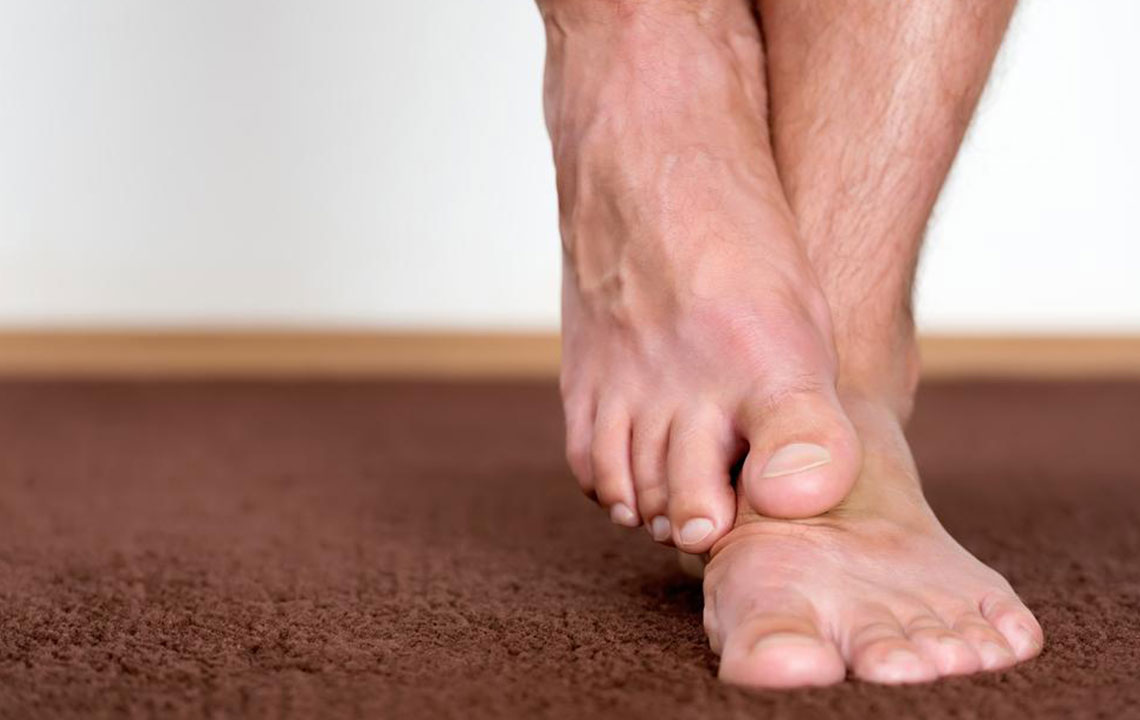Understanding the Major Causes of Hand Numbness and How to Address Them
Hand numbness can stem from various causes, including nerve compression, blood flow issues, or chronic diseases like diabetes. Recognizing symptoms early and seeking medical advice is vital. Lifestyle modifications such as controlling blood sugar, avoiding cold exposure, and ergonomic improvements can help prevent persistent numbness. This comprehensive guide explores common causes, symptoms, and treatment options for hand numbness to promote better nerve health and prevent serious complications.

Understanding the Major Causes of Hand Numbness and How to Address Them
Experiencing numbness or tingling sensations in your hands can be more than just an occasional nuisance; it can signal underlying health issues that require attention. Hand numbness, medically known as paresthesia, can result from a variety of causes ranging from temporary pressure on nerves to serious medical conditions affecting the nervous system or blood circulation. Many individuals experience this sensation temporarily due to simple factors like awkward positioning, but persistent or recurrent numbness should never be ignored. Identifying the underlying cause is essential for effective treatment and to prevent potential complications.
Below are some of the most common reasons why people experience hand numbness, along with insights into when medical intervention might be necessary and how lifestyle modifications can help manage or prevent symptoms:
Common causes include:
Raynaud’s Phenomenon: This vascular condition involves spasms of small arteries in the fingers and sometimes toes. These spasms cause blood vessels to constrict rapidly, reducing blood flow temporarily. During episodes, individuals often experience a sensation of coldness, numbness, or a white or blue coloration in affected fingers, especially in response to cold exposure or stress. Over time, recurrent episodes can lead to persistent discomfort or even tissue damage if left unmanaged. Lifestyle adjustments such as keeping hands warm and managing stress can help mitigate symptoms.
Diabetes and Diabetic Neuropathy: Diabetes mellitus is a prevalent chronic disease that can lead to nerve damage called diabetic neuropathy. High blood sugar levels over time injure nerve fibers, primarily affecting sensory nerves in the extremities. Initially, this may manifest as tingling or burning sensations, but as nerve damage progresses, numbness and loss of sensation can occur — often starting in the feet and gradually involving the hands. Controlling blood sugar levels through diet, medication, and lifestyle changes is crucial to prevent or slow nerve damage.
Carpal Tunnel Syndrome: This condition arises from compression of the median nerve as it passes through the carpal tunnel in the wrist. Repetitive motions such as typing or manual work can aggravate this compression, leading to symptoms like numbness, tingling, and weakness particularly in the thumb, index, middle, and part of the ring finger. Carpal tunnel syndrome can often be managed with wrist splints, ergonomic adjustments, and in some cases, physical therapy or surgical intervention.
Cervical Radiculopathy: Commonly known as a pinched nerve in the neck, cervical radiculopathy occurs when a herniated disc or degenerative changes in the cervical spine put pressure on nerve roots. This can cause radiating pain, numbness, and tingling into the shoulder, arm, or hand. Proper diagnosis through imaging and early treatment can prevent further nerve damage and improve symptoms, which may include physical therapy, medications, or surgical options.
Other less common but significant causes of hand numbness include vascular disorders like peripheral artery disease, cerebrovascular events such as strokes, and neurological conditions like multiple sclerosis. Persistent or worsening numbness requires prompt medical evaluation to rule out these serious conditions. Proper diagnosis often involves clinical examination, nerve conduction studies, blood tests, and imaging.
Maintaining a healthy lifestyle can significantly reduce the risk of developing issues leading to hand numbness. This includes managing chronic conditions like diabetes, avoiding excessive alcohol consumption, quitting smoking, and engaging in regular physical activity. For individuals prone to vascular or nerve issues, early intervention and consistent medical follow-up are key to avoiding long-term complications.





